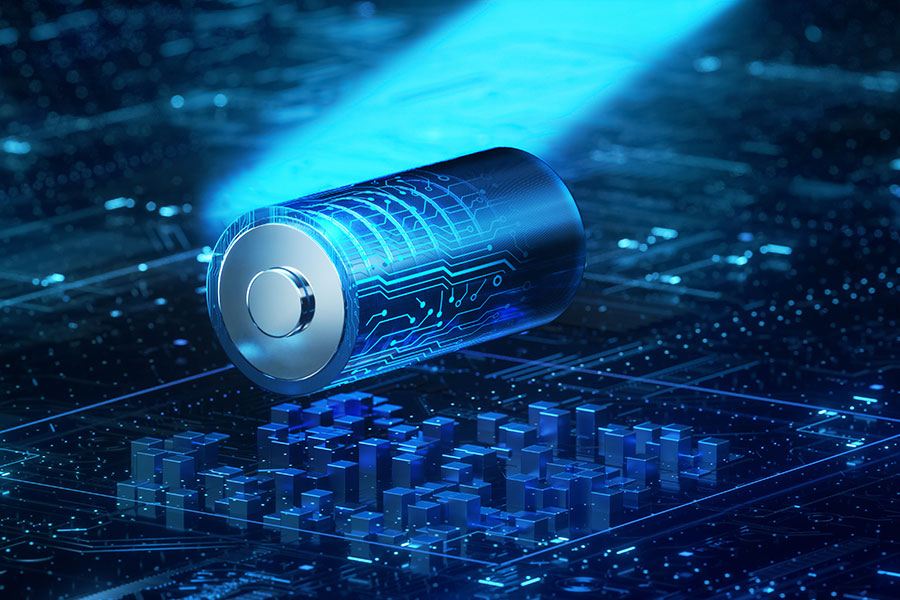Korean battery companies are reducing investment in North America, and LG and others have announced layoffs
As global demand for electric vehicles slows down, South Korean battery manufacturers are reducing their investments in North America and laying off workers. LG Energy Solution announced in November that it will lay off 170 employees at its factory in Michigan, after partnering with General Motors, Honda, and Hyundai to establish a joint venture in the United States.
SK On, another South Korean battery manufacturer, signed a $11 billion agreement with Ford in 2021 to promote the development of electric vehicles. SK On laid off more than 100 workers at its US factory in September and postponed plans to build a second factory in Kentucky in a joint venture with Ford. The factory was originally planned to start production in 2026.
The director of a South Korean automotive integration technology research institute said that the power battery market seems to be undergoing adjustment, and people are increasingly concerned about overcapacity issues because the industry has invested too much in a short period of time. In recent months, Ford, General Motors, and Tesla have all suspended plans to expand their electric vehicle production capacity because consumer demand is currently weaker than expected.
LG New Energy announced that it will lay off nearly 10% of its wholly-owned factory in Michigan, but expects bright prospects in the future. After the expansion of the Michigan factory is completed in the third quarter of 2024, it plans to hire approximately 1000 more workers.
Japanese battery manufacturer Panasonic has also reduced its production of automotive batteries in Japan, currently supplying batteries for more high-end models such as Tesla Model S and Model X. Panasonic is still investing in its Nevada factory, which benefits from US subsidies and produces batteries for lower priced Tesla cars. However, Panasonic's pace in the United States has not slowed down and is considering setting up a third factory in the United States.
The director of a South Korean automotive integration technology research institute said that the power battery market seems to be undergoing adjustment, and people are increasingly concerned about overcapacity issues because the industry has invested too much in a short period of time. In recent months, Ford, General Motors, and Tesla have all suspended plans to expand their electric vehicle production capacity because consumer demand is currently weaker than expected.
LG New Energy announced that it will lay off nearly 10% of its wholly-owned factory in Michigan, but expects bright prospects in the future. After the expansion of the Michigan factory is completed in the third quarter of 2024, it plans to hire approximately 1000 more workers.
Japanese battery manufacturer Panasonic has also reduced its production of automotive batteries in Japan, currently supplying batteries for more high-end models such as Tesla Model S and Model X. Panasonic is still investing in its Nevada factory, which benefits from US subsidies and produces batteries for lower priced Tesla cars. However, Panasonic's pace in the United States has not slowed down and is considering setting up a third factory in the United States.